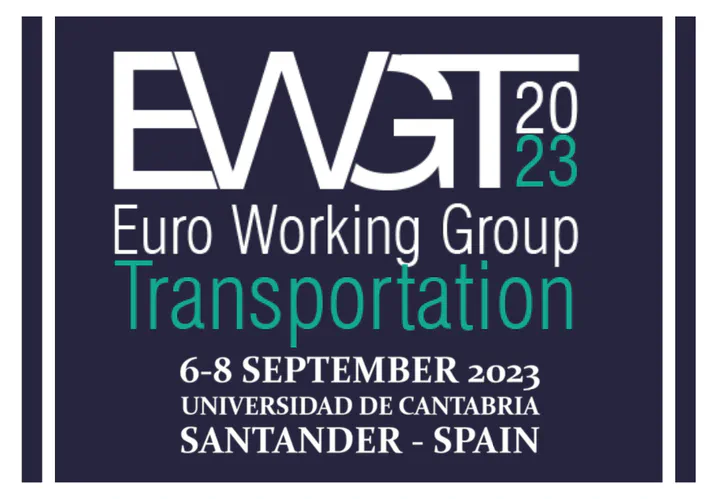The time slots allocation problem in liberalised passenger railway markets: a multi-objective approach

Abstract
The liberalisation of the European passenger railway markets through the European Directive EU 91/440/EEC states a new scenario where different Railway Undertakings (RUs) compete with each other in an auction or bidding process for time slots to optimise its profit. The infrastructure resources are provided by the Infrastructure Manager (IM) who analyses and assesses the bids received, allocating the resources to each RU. Time slots allocation is a fact that drastically influences the market equilibrium and a problem whose resolution makes it possible to ensure competitiveness within the market. In this paper, time slots allocation problem is modeled in the context of a liberalised passenger railway market. Then, the problem is addressed using two approaches: the first one allocates time slots to each company according to a set of priorities, while the second one introduces a criterion of fairness in the treatment of companies to ensure competition. A multi-objective algorithm has been developed and evaluated for its effectiveness in solving the time slots allocation problem in a liberalized high-speed corridor of the Spanish railway network.